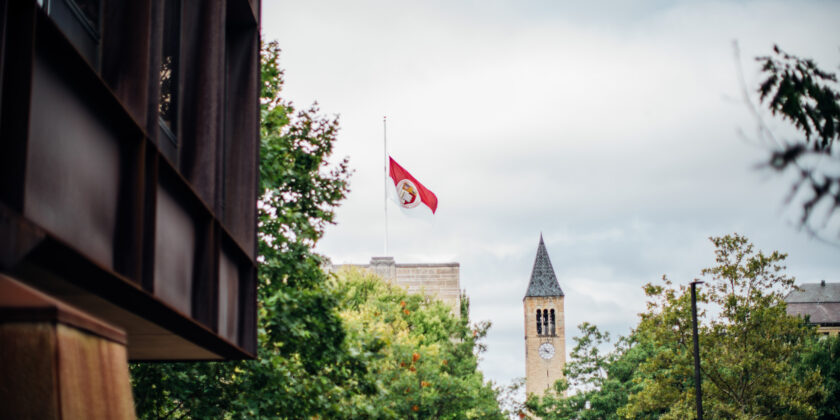Seniors
• If you have been admitted to your top choice school and the process of applying has come to a close, congrats! Remember to maintain your GPA as schools don’t like to see your grade dip 🙂
• Track your application status. Once your applications have been submitted, be sure to periodically check your school-specific portals. Check your JUNK/SPAM email folder regularly (daily), so you do not miss correspondence from schools.
• Do the schools on your list require midterm grade reports? Check requirements online and talk to your school counselor about having them sent to colleges as needed. Also, re-share your RD list and make sure they know to send docs accordingly and far in advance of deadlines.
• It is difficult to write essays and complete applications between December 15 through January 1 because of the holidays, and…
• It’s always a good idea to submit apps ahead of deadlines. Aim to complete all RD/ED II apps by 12/15 so you are not in a time-crunch over the holidays and beat the RD app submission rush! Don’t forget to send official test scores, as required, to RD schools.
•If you still can, you should interview where possible…and consider which schools on your list you will send an interest/update letter to (no more than a month or so after you apply).
• If you were deferred, check back for a post on that soon (or look back to this time last year on the blog). If you need help creating your deferral letter and strategy, reach out to us.
Juniors
• Keep going on tours and attending info sessions (virtually of course!).
• Beyond academics, colleges look to admit students who take part in meaningful extracurricular activities, and summer is a great time to do something fun and meaningful that possibly explores what you might study in college. You might want to consider going beyond a pre-packaged program to something more self-initiated, like an independent study (will share more on this later in the month) or a purpose project.
• Start to think more about your major (or majors!) of interest and how your activities support this interest. Don’t forget: you should be exploring your interests outside of the classroom/school. But what if I do not know what my interests are?!?! Interests are not necessarily inherent, waiting to be found—they need to be cultivated. You have to get out into the world and work to determine them, and this can take time. We believe this is why it is important to start exploring early in high school. Explore through after-school programs, clubs at your school, a summer job, free classes online, by reading books, academic journals, or even watching Ted Talks. What we are getting at is, to really determine your interests, which might someday turn into your focus of study in college—or who knows, maybe even your passions later in life—you have to put some thought into it and do the work!
Sophomores & Freshmen
• An impressive academic record is the most important admissions factor at most colleges. How are your classes going? Review interim grade reports, and take stock of where you have room to improve.
• Beyond academics, colleges look to admit students who take part in meaningful extracurricular activities, and summer is a great time to do something fun and meaningful that possibly explores what you might study in college. You might want to consider a purpose project.
• As we excitedly approach the holiday season, think about how you might be able to help out those in need. The holidays can be a tough time for many families, and high schools and community centers often have food drives, toy drives, coat drives, etc. where you could give some of your time (or food or coats or toys!). Get involved, give back!
Enjoy the holidays and winter break! Take some time to relax.
*Stay in the know! Subscribe*





